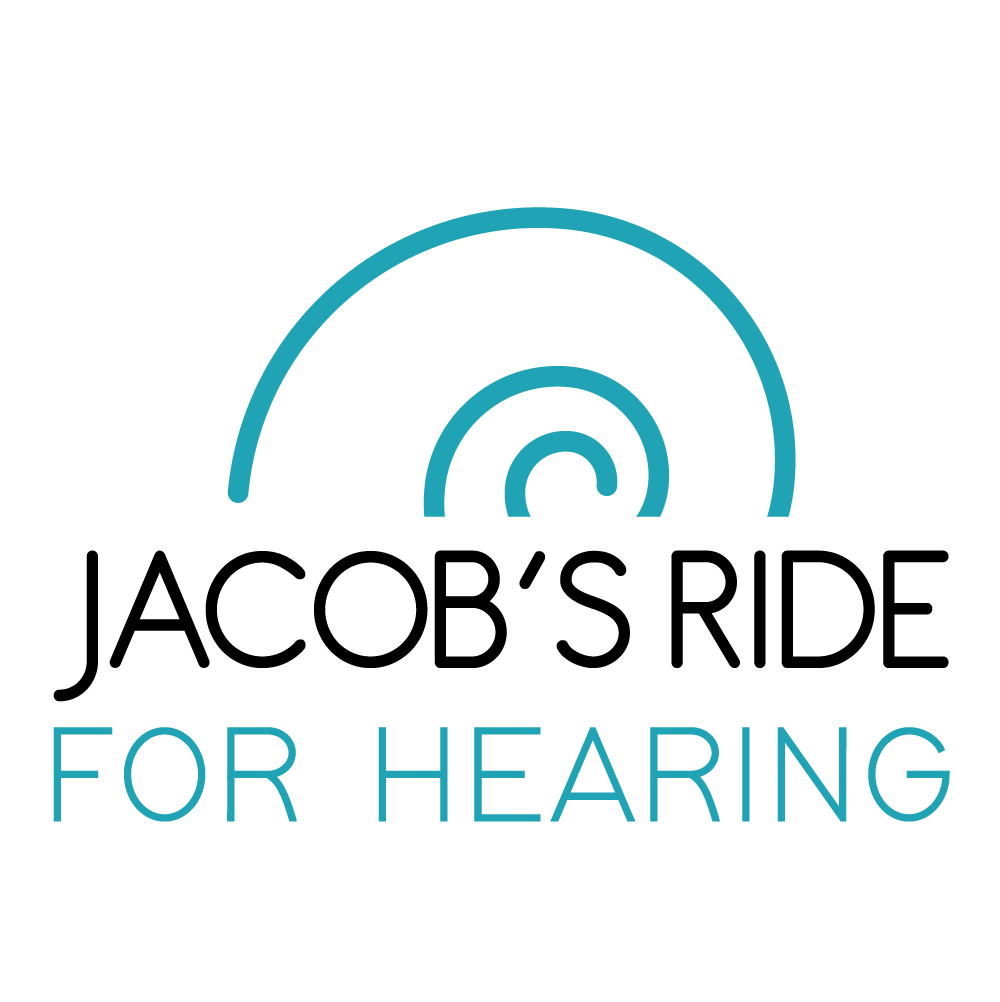Internship at Johns Hopkins
It’s been a long time since I’ve written anything at all for this blog, but it’s been a very busy time. I have kept many supporters informed of what has been happening via the Facebook page; I’ve also related a lot in personal discussions with other, more intimate friends.
The biggest thing that has happened since I’ve last written is that I did a 10-week “internship” at Hopkins, in which I spent one day a week learning almost everything I possibly could about all aspects of cochlear implantation. The program was designed by Dr. Howard Francis (Vice Director, Department of Otolaryngology) and Debra Bervinchak (Speech and Language Pathology, Rehabilitation Therapy).
Personally, it was sometimes tiring because I was taking a full-time course load in my final semester and I was working 4 days a week as well. But the experiences I enjoyed at Hopkins will shape the future of my life forever.
I saw all aspects of implantation including, but not limited to:
Scared and confused people or parents considering an implant in their initial evaluation.
Device discussions – patients or parents choosing which of the three companies’ implants to use.
Otolaryngological consultations (“get vaccinations up to date!”)
Activation days! I found out that those amazing YouTube tear-jerking videos are usually divorced from the truth. Just keeping the magnet attached to a two-year old’s head is difficult when the child does not want to cooperate.
Actual surgery. I wish I got a picture of me in scrubs with Dr. Howard Francis. I’m not too squeamish of a person, but it was a longer process than I expected. What made it even more educational was that it was one of the first times a new electrode array/sheath surgical assistive device was being used, so there were representatives from Cochlear America in the operating room as well.
However, the most valuable education I received was in the form of the bulk of the time spent; reprogramming the devices and the post-implant rehabilitation. In those rooms, I learned what the patients were struggling with, the types of questions being asked, and the miracle that was taking place in many people’s lives. The rehabilitation component of implantation is so important, and it seems to be overlooked in a lot of the dialogue regarding implants. What I learned changed my views for what I can do to be useful. I’ll be keeping this blog going with a post or two per week, and I am hoping to collect feedback as well as pertinent information regarding personal experiences.
I want to finish this post with a long-overdue thanks to the entire staff at Johns Hopkins Listening Center. Not only did I learn a lot just from watching them do their jobs, they would often spend time with me after the patient had left, pointing out aspects of that patient or case, so that I was always gleaming information. Over 10 weeks, I went to more than a dozen each of reprogrammings and rehabilitation sessions. Even though I was seeing essentially the same thing more than once, there was always so much more to learn due the differences in each patient’s individual story and experience.
I also loved meeting all the patients. There is truly a bond between those who have a hearing loss!
Special thanks to:
Deb Bervinchak
Steve Bowditch
Courtney Carver
Kristin Ceh
Howard Francis
Debbie Grammer
Barbara Gottschalk
Andrea Marlowe
Dawn Marsiglia
Charles Della Santina
